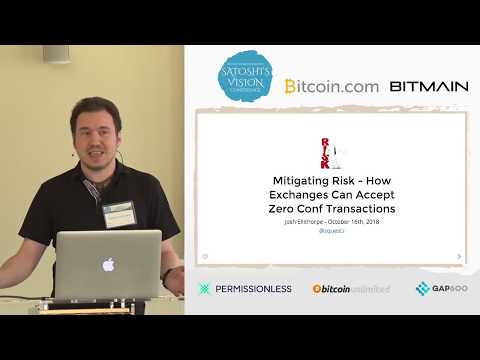There’s roughly 100 unspent perpetuities with (~46 BCH) mostly paying out monthly with a half-life of about 5.5 years. Lowering the block time would expedite those payout schedules proportionally.
For example, if the blocktime were changed to 1 minute, the half-life of those distributions would decrease by a factor of 10. So instead of paying out half the balance over 66 months, it’d be more like 6.5 months with payments ten times a month. Instead of paying out over 40 years, they might liquidate in 4 years.
Although a seemingly toy protocol, unspent.cash has the potential to be a kind of Mr. Frundles.
At this stage in the long bitcoin time-locking project, drastically reducing the blocktime would still prove the concept. There’s contracts with 1 year half lives where the notional value of principal just keeps going up.
That said, I personally don’t think changing the blocktime will improve security or help exchanges, merchants or users “trust” transactions more.
Coinbase.com will still say a 0-conf withdraw takes 6 hours. I’d expect an exchange that required 10 blocks will likely still require 100 minutes of hashrate and a checkpoint.
The current 10 minute block time would be an EXTREME advantage for a native BCH dex with relatively quick finality and high reliability. That is, if someone can go swap some wBCH for some wXMR instantly and know they probably won’t be in the 0.001% of trades that get’s rolled back on hyperDex, it gives the first seen 0-conf feel to trading, and would be a big draw.
In addition to adjusting the reward schedule as @freetrader suggest below, we might be able to use something like transaction version to separate which transactions expect a 10 minute blocktime and which assume a quicker one. i.e. v1,2 transactions are 10 minutes, v3 are 2 minutes, or something.
From very old discussions, I agree with our former overloads that any merchant transaction taking longer than about 3 seconds to reach finality is a deal breaker.
 .
.


